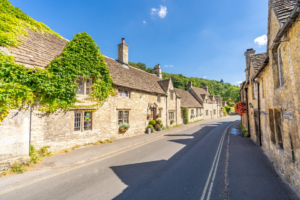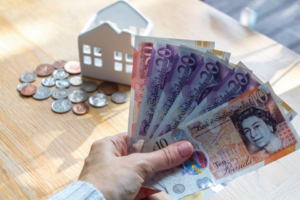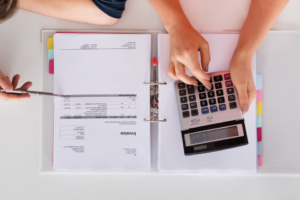Airbnb income explained
For many, the word ‘taxation’ is more likely to engender a frown than a smile; it’s sometimes considered a ‘dark art’ that’s as complicated as it is inevitable, particularly since tax rules apply differently to businesses and individuals.
At Ibiss & Co, we work with businesses of all sizes, from sole traders to corporations, and we understand the stresses and strains that tax can put on people – which is why we’re here to help.
Benefits of being an Airbnb host
Airbnb income is of course a major reason for letting a property, but there are other advantages. After all, it serves to widen a host’s social and cultural scope while allowing them to dip their toes into the world of entrepreneurship.
It’s a flexible endeavour too. For instance, you have the freedom to make repairs and renovations whenever you like, in between guest stays, of course. If your property is situated in a high-demand area, you have the opportunity to charge higher prices than other parts of the UK.
Various tax advantages are available to you too, particularly if you:
- Make your property available for letting for at least 210 days per tax year
- Rent your property for at least 105 days per tax year
- Refrain from renting your property to the same person/company for more than 31 days without an interval
What’s more, for Airbnb hosts, mortgage interest payments are tax-deductible, which can help to offset rates of interest that are typically higher than those levied at buy-to-let landlords.
Other advantages include:
- Capital allowance – Capital allowance relates to tax relief on certain business expenditures, such as white goods and fixtures and fittings. Different assets come with varying rules and allowance rates. With all relevant features of your Airbnb property accounted for, your overall capital allowance claim can be significant.
- Capital gains tax – If you sell your Airbnb property, did you know that the resultant profit could be taxed by as little as 18%? This is a feature of capital gains tax whose rates are subject to fluctuations based on government decisions. It’s important, therefore, to know where you stand at any given time.
As you can tell from the examples above, it’s possible to minimise your overall tax liability while maximising your yield – and we can help you to do this.
How much can I earn with Airbnb in the UK before I’m taxed?
As an Airbnb host, you’re entitled to a £1,000 tax-free allowance on any money you make from hosting; please consult our property tax page to learn more. If you qualify for the Rent a Room Scheme, your tax threshold increases to £7,500.
Get in touch with our property tax specialists
Here at Ibiss & Co, our chartered tax advisers have extensive experience in dealing with tax matters, and can help Airbnb hosts to navigate the latest regulations around taxation. If you require assistance with Airbnb UK regulations or advice on your tax liabilities, contact our team in Barking, Tooting or Walsall today. Our experts will be happy to discuss all matters relating to Airbnb and HMRC.




